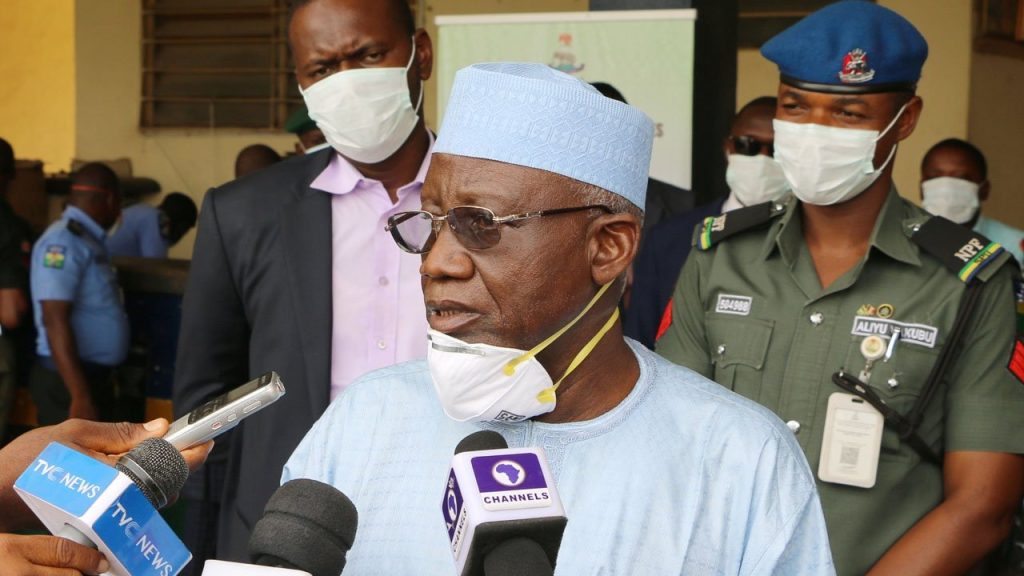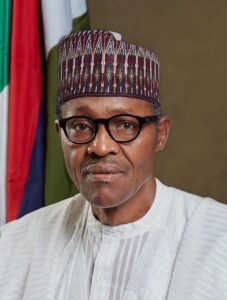
Job Creation Not My Ministry’s Role, Minister of Labour Muhammadu Dingyadi Clarifies Mandate
The Minister of Labour and Employment, Muhammadu Dingyadi, has stated that Nigerians expecting his ministry to provide jobs might be disappointed, as job provision is not within its mandate. He made this assertion on Thursday during the annual conference of the Federal Capital Territory chapter of the Nigerian Institute of Public Relations (NIPR) in Abuja.
Acknowledging the challenges posed by Nigeria’s significant youth population and the need for meaningful engagement, Dingyadi clarified that the ministry’s focus is on creating an enabling environment for job creation rather than directly securing employment for individuals.
“You will agree with me that the mandate of the Federal Ministry of Labour and Employment is not to provide jobs,” he said. “Our role is to facilitate an environment that encourages job creation, as emphasized in the Renewed Hope Agenda. This agenda promotes inclusive investment, enhanced productivity, and improved service delivery.”
Citing an instance with the former Minister of Youth and Sports, Sunday Dare, Dingyadi reiterated that his ministry’s efforts are geared toward reforms rather than direct employment. He emphasized the importance of ongoing reforms aligned with President Bola Tinubu’s eight-point agenda, covering sectors such as fiscal and monetary policies, oil, manufacturing, and power.
“These reforms may be challenging, but they are necessary steps towards achieving long-term goals. The President is committed to ensuring the country stitches solutions now to avoid bigger challenges in the future,” he added.
In his remarks at the event, the NIPR President, Dr. Ike Neliaku, underscored the importance of Nigeria improving its public relations and international image. He noted that a positive national reputation is crucial for attracting serious investors.
“Public relations is fundamental to building and promoting a nation’s reputation,” Neliaku said. “A strong reputation encourages investors to contribute to the economy, while a poor reputation discourages investment and economic growth.”
The conference highlighted the interconnected roles of effective governance, strategic reforms, and public relations in fostering economic and social development in Nigeria.






